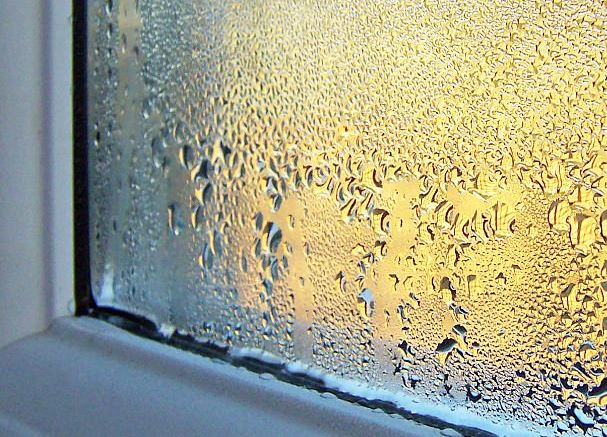Window condensation can cause discomfort and even damage to window frames. Understanding what causes it—and how to fix it—can help homeowners maintain both comfort and air quality.
1. Why Does Condensation Form on Windows?
- High indoor humidity: Poor ventilation encourages condensation buildup.
- Temperature differences: In winter, warm indoor air meets cold exterior glass, creating foggy windows.
- Low-quality windows: Poorly insulated windows allow more heat to escape, increasing condensation.
2. How to Prevent Condensation?
- Improve ventilation: Regularly open windows and use a mechanical ventilation system (HRV or ERV).
- Use a dehumidifier: Lowering indoor humidity helps prevent condensation.
- Upgrade your windows: Double or triple-glazed windows help maintain a consistent temperature and reduce moisture buildup.
3. What to Do If Condensation Persists?
If condensation is excessive, consider the following actions:
- Check the condition of caulking and seals.
- Replace old and poorly insulated windows.
Conclusion
By managing humidity and upgrading to energy-efficient windows, you can prevent condensation problems and enhance your home’s air quality and comfort. At Unisson Groupe, we specialize in high-performance custom windows and doors designed for energy efficiency and long-term durability. Contact us today to find the best solution for your home.


